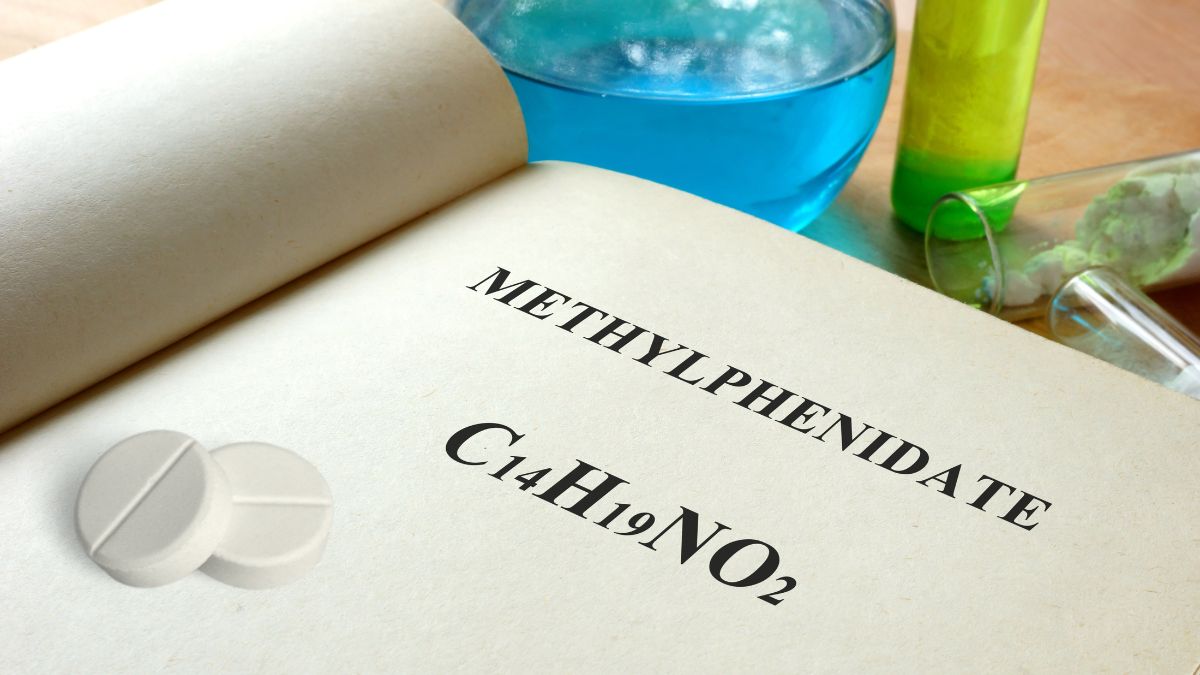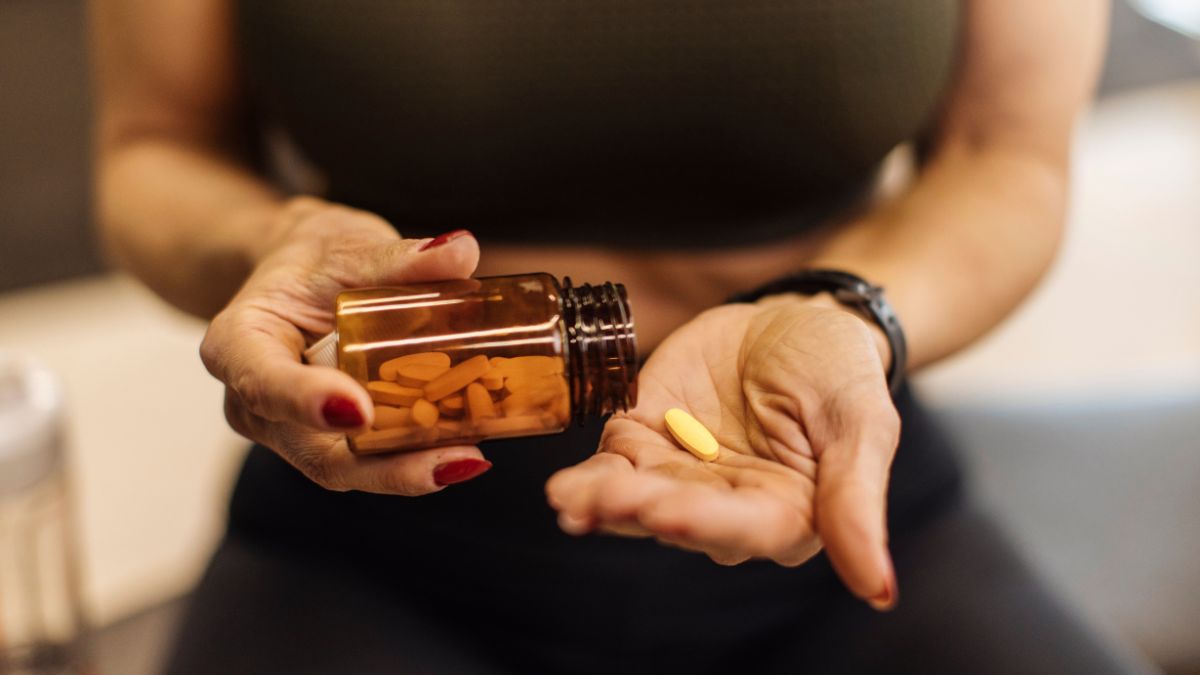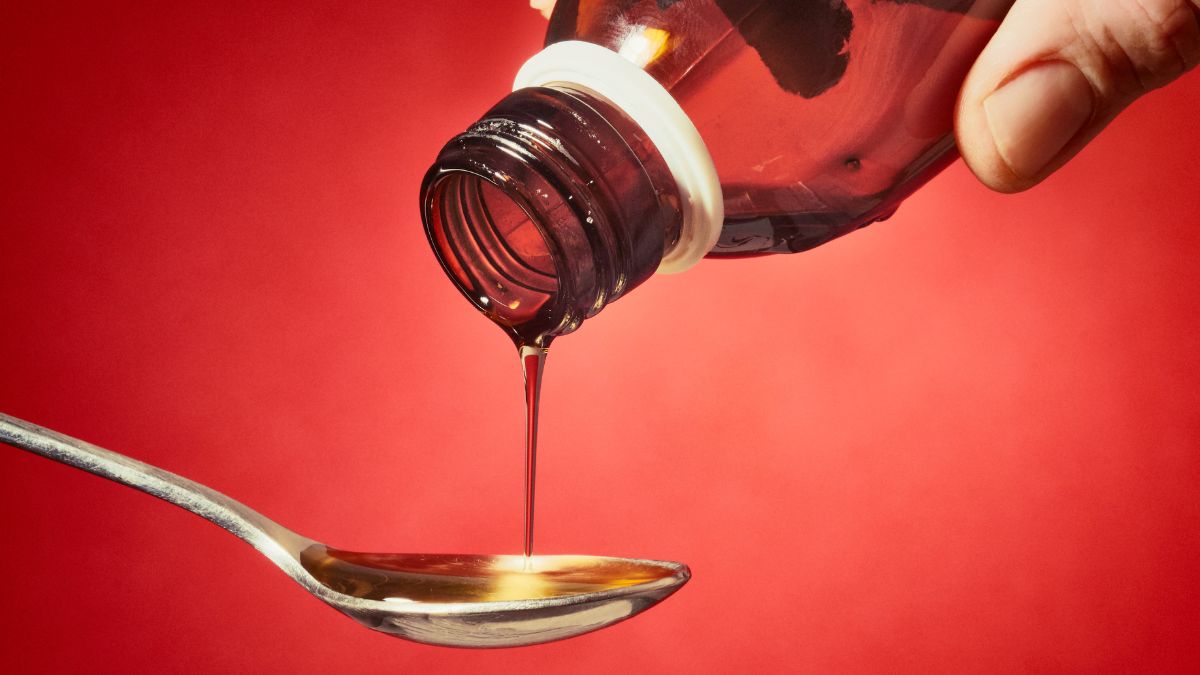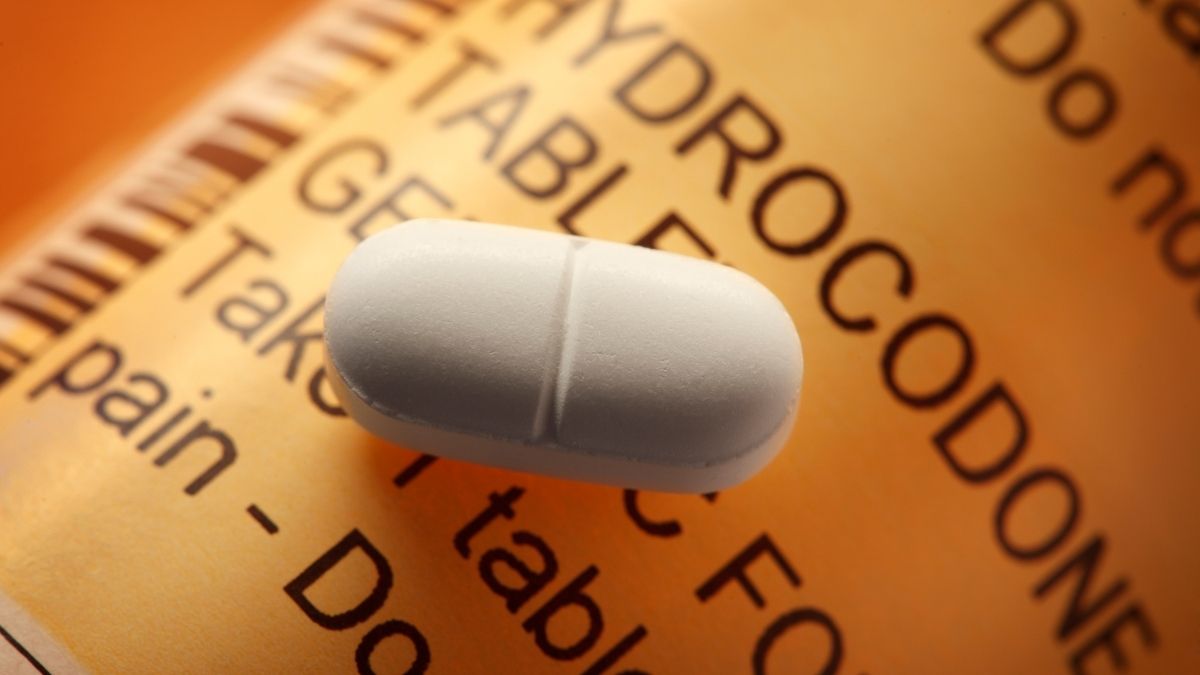Shrooms refer to mushrooms that contain a compound known as psilocin or psilocybin. These are psychedelic compounds that induce intense hallucinations. You experience colors, shapes, and other similar patterns in your environment that are not really there. Moreover, they distort your sense of time and reality.
Shrooms, also known as magic mushrooms, can be consumed in a variety of ways, they can be eaten raw or cooked, taken as capsules or injections, or even mixed with tea. They are mainly used for recreational purposes. But while shroom use is widespread, do we really understand the risk that magic mushrooms carry?
For instance, have you ever wondered if you can overdose on magic mushrooms or if you can die from shrooms? We will explore all that and more in this article.
Understanding the Risks of Psychedelic Mushrooms
The main psychedelic compound in magic mushrooms - psilocybin - has a low level of toxicity. This means that it really has a low potential of leading to severe concerns - like life-threatening concerns. But here are some risks that you need to be aware of before consuming psychedelic mushrooms:
Physical Effects:
You can experience physically unpleasant feelings like nausea, vomiting, and a rise in blood pressure and heart rate. This might need medical attention, especially among those with pre-existing heart conditions.
Risky Behaviors:
When you consume shrooms, they distort your sense of time and reality. Even your emotions. So, in an unsupervised environment, you are at the risk of engaging in dangerous behaviors like wandering right into traffic or driving dangerously under the influence.
Fear:
In cases of a bad trip, you can experience extreme fear, anxiety, or paranoia. You can even experience panic attacks.
Other Mental Health Concerns:
Psychosis, or a break with reality, where you experience hallucinations and delusions, is common with shrooms. In some cases, you can experience suicidal thoughts as well.
Also, Read: Are Psilocybin Mushrooms Addictive?
Call Design for Recovery to Begin Your Healing Journey!
Reach out to our team to discuss sober living options and next steps toward a healthier routine.
Can You Overdose on Shrooms? Myth vs. Reality
A magic mushroom overdose is possible, though unlike alcohol or opioids, psilocybin's low toxicity rarely causes direct organ failure.
Overdose typically manifests as impaired judgment leading to accidents, hostile behaviors, self-harm, or suicidal ideation, still highly dangerous despite lower lethality.
NIDA confirms psilocybin deaths are exceedingly rare, with no recorded fatal overdoses from toxicity alone. While a 2017 Global Drug Survey found only 0.2% of 12,000 users needed emergency care, real risks persist through behavioral consequences.
Signs and Symptoms of a Shroom Overdose
A magic mushroom overdose can lead to intensely unpleasant effects and consequences, such as:
- Nausea and vomiting
- Abdominal pain
- Restlessness
- Confusion
- Anxiety, paranoia, and panic attacks.
- Psychosis
- Impaired motor skills and coordination
- Risky behavior due to impaired focus and judgment
- Muscle weakness or tremors
- Dilated pupils and blurred vision
- Elevated heart rate/blood pressure
- Persistent flashbacks
- Seizures (rare but documented)
Contact Design for Recovery Today!
Fill out our quick form to connect with a peer mentor and learn how our sober living community supports accountability, structure, and personal growth in recovery.
What to Do If Someone Has Taken Too Many Shrooms?
While magic mushroom overdose-related deaths are rare, it is still a Schedule I drug, meaning it is illegal to possess or sell it because of the adverse impacts it can have on your health and well-being.
So, if someone has taken too many shrooms - it is important to treat it as a serious concern. Keep them in a relaxed environment and ensure they always stay hydrated. If their symptoms - physical or psychological - become too severe, then seek medical attention right away.
If someone is struggling with shroom use, then recovery strategies involving motivational interviewing, cognitive behavioral therapy, contingency management, and 12-step recovery meetings like Narcotics Anonymous are utilized to get to the bottom of shroom use and change the patterns leading to it. They are also equipped with coping strategies and life skills to deal with triggers, temptations, and other life stressors without resorting to substance use.
Safe Usage Tips and Harm Reduction for Psychedelic Mushrooms
While you can never be too careful when using licit or illicit substances, we understand how difficult it can be to abstain from shroom use in a culture that promotes and glorifies drug use. Therefore, here are some safety tips and harm reduction strategies you can engage in:
Dosage:
Stick to smaller doses or microdosing (0.1-0.5 gms). The effects are milder but so much safer.
Drug Interactions:
Do not mix shrooms with other substances like alcohol, drugs, or prescription medication. Interactions between psilocybin and other drugs can lead to intense adverse reactions.
Hydration:
Keep your body hydrated at all times. Especially if you are experiencing a bad trip, ensure you drink lots of water.
Setting:
Only consume psychedelic mushrooms in safe and controlled settings with a trusted person who can keep a check on how much you consume and ensure your safety.
When to Seek Medical Help After Consuming Shrooms?
Consuming shrooms can raise your blood pressure and heart rate. This is specifically dangerous for those who are already struggling with pre-existing heart conditions. Therefore, in such cases, one must seek medical attention right away.
While magic mushroom overdose-related fatalities are rare, most overdose symptoms subside when you stay in a relaxed, supervised setting and drink plenty of water. In case some of the symptoms, like paranoia or psychosis, become too severe, then it is safe to seek medical attention right away.
- Understanding the Risks of Psychedelic Mushrooms
- Can You Overdose on Shrooms? Myth vs. Reality
- Signs and Symptoms of a Shroom Overdose
- What to Do If Someone Has Taken Too Many Shrooms?
- Safe Usage Tips and Harm Reduction for Psychedelic Mushrooms
- When to Seek Medical Help After Consuming Shrooms?
Begin Lasting Sobriety Now!
Frequently Asked Questions
Magic mushroom overdose-related deaths are very, very rare.
Common side effects of taking too many shrooms are nausea, vomiting, impaired focus and judgment, impaired coordination, anxiety, paranoia, psychosis, panic attacks, and suicidal thoughts and behaviors.
While no dose is safe, anything greater than 5 gms is considered to be a very high dose.
Shroom overdose is treatable and is rarely irreversible or fatal.
In emergency settings, shroom overdose is treated with mild sedatives like benzodiazepines and IV fluids to maintain hydration and electrolyte balance. In rare cases, activated charcoal is used.
https://www.sciencedirect.com/topics/neuroscience/psilocybin
https://emedicine.medscape.com/article/817848-treatment
https://www.theguardian.com/society/2017/may/23/study-hallucinogenic-mushrooms-safest-recreational-drug-lsd
https://pmc.ncbi.nlm.nih.gov/articles/PMC1071149/







Written By
David Beasley